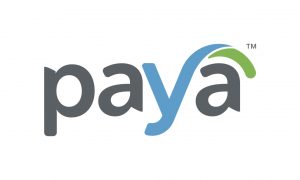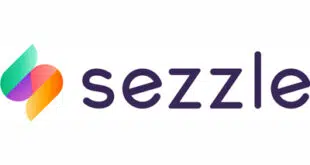Seven months after paying $260 million for Sage Payment Solutions, the U.S. merchant-services arm of Sage Group plc, investment firm GTCR LLC is giving it a new name—Paya—and a refreshed strategy to add more merchants to its portfolio.
Announced Tuesday, the Paya name for the Reston, Va.-based payments provider signifies a “fresh and progressive company,” Joe Kaplan, Paya chief executive, said in a press release. Chicago-based GTCR committed up to $350 million to Paya in addition to the purchase price. In addition to credit and debit card processing, Paya offers automated clearing house, check, and gift and loyalty card processing services.
 Paya also announced its partner program, which targets technology providers, referral organizations, and independent sales organizations to recruit merchants.
Paya also announced its partner program, which targets technology providers, referral organizations, and independent sales organizations to recruit merchants.
These providers will have access to Paya’s entire set of payments services, Greg Cohen, Paya president, tells Digital Transactions News. “This will allow ISOs and payment facilitators to operate in the reseller model where they make the lion’s share of the economics or they can refer business to us,” Cohen says. The notion of retaining some merchant services exclusively to Paya alone is not part of the company’s core strategy, he says.
“We’re organizing the business all around partners,” Cohen says. “No matter who ends up with the merchant or business, at the end of the day there’s always a partner that’s played a piece in acquiring that customer.”
The strategy entails retaining a partnership with Sage, which is known for its accounting software and integration with payments, while expanding beyond this customer base, Cohen says. “We are repackaging a lot of what we did for the integration spaces and retooling it.”
That will mean going to market via four channels. One is the software, or enterprise resource planning, channel, Cohen says. Merchants get the benefit of integrating payments, including automated clearing house transaction services from Paya’s ownership of an ACH processor, and having full data exchange, he says.
Paya’s other channels include ISOs, an independent software vendor channel for developers, and services. Cohen says the services channel uniquely is available to competitors, which includes products such as ACH/check processing and gift and loyalty programs.
Currently employing approximately 300 individuals, Paya also expects to expand, Cohen says. With the initial separation from Sage completed, the next phase for Paya is to emerge as its own company, he says.
“Right now, it’s about growth,” Cohen says, “but smart growth.” Paya wants to add value, and is avoiding the low-price game, he says. Instead, “it’s a value game,” these days, he says.





